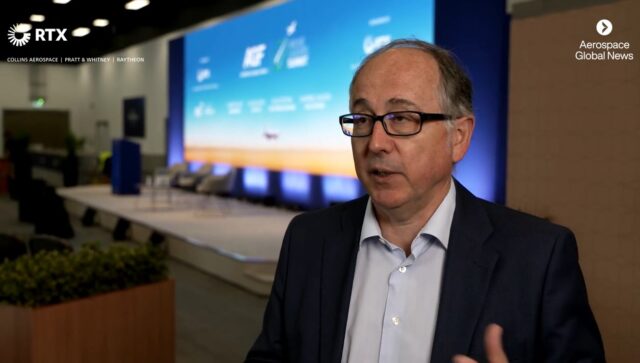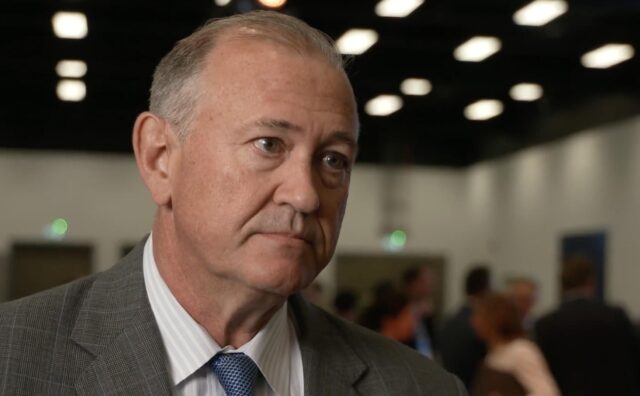Embracing SAF is vital to reach net zero target
Embracing sustainable aviation fuel (SAF) is vital if the aviation industry is to reach its net zero target, according to Jan Toschka, President of Shell Aviation.
With low carbon technologies…
Embracing sustainable aviation fuel (SAF) is vital if the aviation industry is to reach its net zero target, according to Jan Toschka, President of Shell Aviation.
With low carbon technologies such as electric and hydrogen propulsion unlikely to be in widespread use until 2040 or later, SAF is the only viable way to reduce aviation emissions significantly in the short to medium-term, Toschka said.
‘Scalable right now’
“There are three or four levers over the next couple of decades” that help the industry reach net zero, he explained. “High quality carbon offsetting is one, and that is very scalable right now. The next big one is operational efficiency. But all of that doesn’t get us to anywhere near net zero, so therefore SAF comes in for the next decades, and then at a later stage, say in 2050 and the years after that, there is more electrification and more hydrogen. But we do believe that even when there is a lot of hydrogen, and different types of aeroplanes, we do believe that biofuels – SAF – will play a role in the longer run.”
SAF can be made from renewable sources such as used cooking oil and municipal waste, and is a safe, proven fuel with the potential to reduce lifecycle emissions by up to 80 per cent.
Ambitious global target
Toschka called on the International Civil Aviation Organisation (ICAO) to present an “ambitious” global target that 10 per cent of all jet fuel burned is SAF by 2030. “That is what we believe would be a very workable next step,” Toschka added.
First used by the industry in 2008, SAF has powered over 250,000 flights around the world, however it still accounts for less than 0.1 per cent of the aviation fuel market. Shell Aviation is working with a range of partners to supply increasing amounts of SAF from current production technologies.
In addition to work being done by Shell and others to increase the use of SAF, Toschka said paying passengers had shown a “willingness to contribute” to the global effort to reduce emissions. “There is willingness to collaborate, there is willingness to understand that this can only be solved together.”
Subscribe to the FINN weekly newsletter



